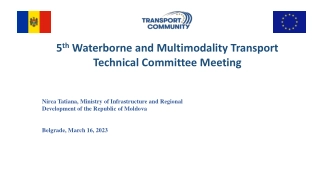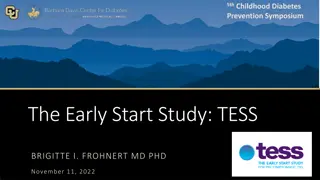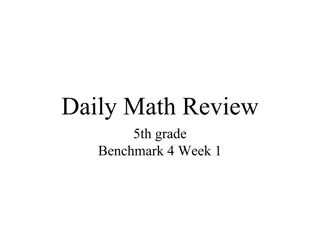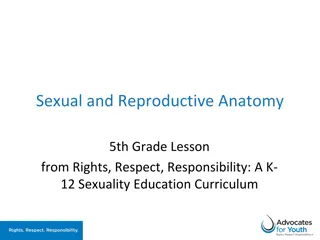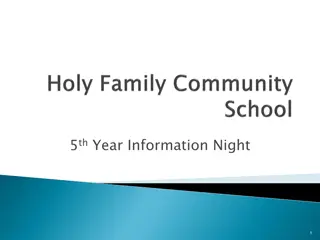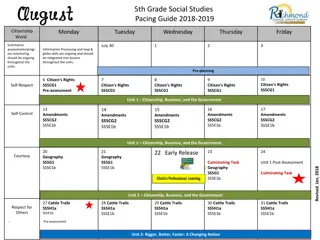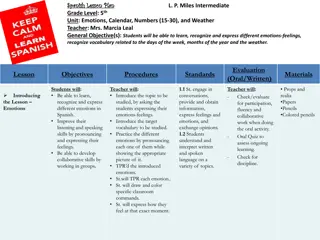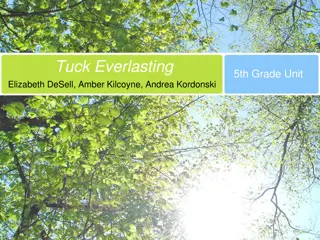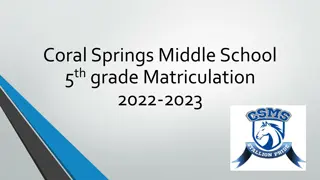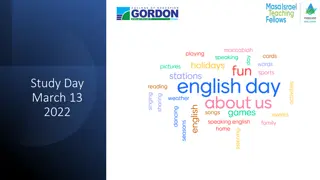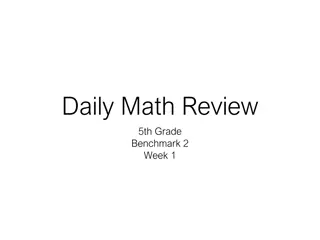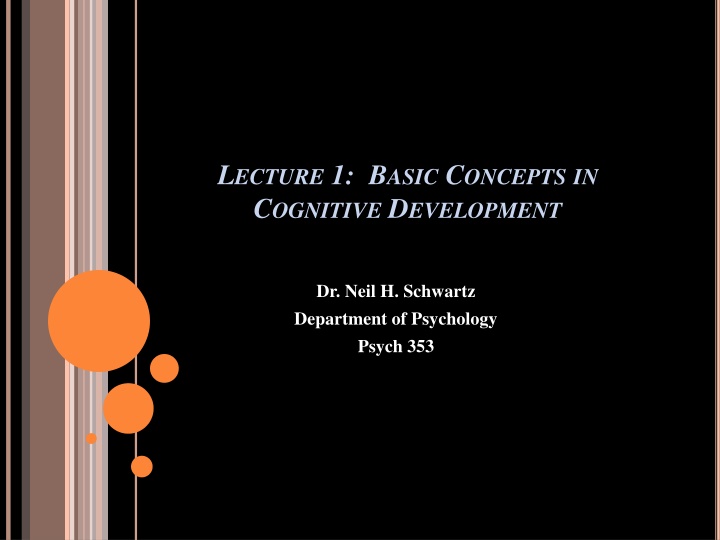
Cognitive Development: Essential Concepts and Progression
Explore the foundational principles of cognitive development, including the role of experience, the evolution of thinking over time, and the interplay between structure and function in cognition. Discover how cognition involves acquiring, processing, and categorizing information, and how cognitive development unfolds from simple to complex through a blend of biological factors and life experiences.
Download Presentation

Please find below an Image/Link to download the presentation.
The content on the website is provided AS IS for your information and personal use only. It may not be sold, licensed, or shared on other websites without obtaining consent from the author. If you encounter any issues during the download, it is possible that the publisher has removed the file from their server.
You are allowed to download the files provided on this website for personal or commercial use, subject to the condition that they are used lawfully. All files are the property of their respective owners.
The content on the website is provided AS IS for your information and personal use only. It may not be sold, licensed, or shared on other websites without obtaining consent from the author.
E N D
Presentation Transcript
LECTURE 1: BASIC CONCEPTS IN COGNITIVE DEVELOPMENT Dr. Neil H. Schwartz Department of Psychology Psych 353
PRELIMINARY ASSUMPTIONS Experience is essential in the development of thinking It takes nearly 20 years to develop an adult nervous system Cognition develops quantitatively and qualitatively during the life-span. That is, You don t just know more but think quite differently over time. The changes take place by virtue of: The developmental function- the form cognition takes over time Individual differences-variations among people at any given developmental period.
COGNITION: A CONCEPTUAL DESCRIPTION It is what laypersons call thinking. It is not directly observable, but implied from behavior. It is real and it exists. Cognition includes conscious and deliberate acts and non- deliberate processes. It is comprised of different types of activities.
THOSEACTIVITIESCONSISTOF: acquiring, comprehending and modifying information. developing, executing and evaluating plans. (macro- mechanism) giving meaning to things we perceive. (micro- mechanism) forming concepts and classifying stimuli. (micro- mechanism)
COGNITION: ITS DEVELOPMENTOVER TIME Cognition has structure and function. Cognitionchangesin both structure and function over time. Change is perpetual. Developmental progression is an interaction of biology and experience. Developmental progression moves from simpleto complex, andincomplete to complete. Development is an active process.
STRUCTURE Refers to the framework of knowledge that underlies behavior. Ex. knowledge comprised of how to put one leg in front of another to walk or knowledge of how to solve a calculus problem, Or how to program a VCR or set the table for dinner. Cognition organizes this knowledge. It is probably a neural network, and network of networks. FUNCTION Refers to what we do with the cognitive system. Perception, memory, reasoning, judgment, problem solving.
COGNITION: ITS DEVELOPMENTOVER TIME Structure and function of cognition during development is bi-directional. Environmental stimulation and actions of a structure itself can change the structure. Changes in structure change the functions. Functions are limited by structures capability.
Function is necessary for development. Aspects of development are inter-related and integrated. Development is sequential but not continuous. It is discontinuous. Children will use a developmental accomplishment over and over once it is acquired.
Children will give cues to their environment that they are ready to move to the next developmental level. Children will seek out stimulation in order to develop.
DEVELOPMENTAL FUNCTION & INDIVIDUAL DIFFERENCES Development is studied in stages and norms. Important differences do exist between and within individuals.
FIVE TRUTHS OF COGNITIVEDEVELOPMENT Cognitive development proceeds as a result of the dynamic and reciprocal transaction of internal and external factors; Cognitive development is constructed within social context Cognitive development involves both stability and plasticity over time; Cognitive development involves changes in the way information is represented; and Children develop increasing intentional control over their behavior and cognition
ADAPTIVE CONSTRAINTS Representational hardwired into brain, such as the nature of objects. 1. Architectural type and arrangement of neurons limit what information the brain can process, such as language. 2. Chronotopic neural readiness for different areas is on a timeline. 3.
EVOLUTIONAND COGNITIVE DEVELOPMENT Evolutionary theory s influence on cognitive development: Evolutionary psychology provides explanations for both the how and why questions about human behavior.
COGNITIVE FLEXIBILITY Stability: degree to which one s intelligence maintains its relative rank order compared to one s peers Plasticity: degree of flexibility of a cognitive ability
A DEVELOPMENTALCONTEXTUALMODEL culture Society Community School Network teachers parent child classmates child cognition Social network Time Parent peers Child s peers E t c Marriage network Nonnuclear family Parent spouse siblings Work network Immediate job associates Indirect job associates
DYNAMIC SYSTEMS APPROACH Cognitive changes are emergent due to interaction among characteristics of structure and the environment. Change is nonlinear. Systems continually self-organized, transitioning from one stable state to another, known as phase transition.
DOMAIN-GENERALVS. DOMAIN-SPECIFIC ABILITIES Both exist Domain-general: cognition is influenced by one set of factors Domain-specific: different cognitive domains are controlled by different brain functions or areas of the brain
CHANGESIN COGNITIVE DEVELOPMENT Representation: Children and adults differ in the ways they represent information. Different techniques are particular to each stage of development. Intentional Control: Children develop strategies to solve problems. Strategies are intentional, goal-directed mental operations designed to solve a problem
STAGESOF DEVELOPMENT: CHARACTERISTICS Stages are defined by qualitativedifferences: changes in type, often subjectively perceived as different. There is discontinuity from one stage to the next as different behaviors appear at once. Homogeneity of cognitive function is seen in stage related functions being done in the same way.
EVOLUTIONARY PSYCHOLOGY Cognitive development is contextual Cognition is shaped by domain-specific brain modules, and as such, function varies by each module.
Because of domain-specificity, representational, architectural, and chronotopic constraints on cognition, learning becomes more facilitated. Constraints allow the learner to filter and focus attention on what is important to learn.
http://www.ted.com/talks/lang/eng/patricia_kuhl_ the_linguistic_genius_of_babies.html
http://www.youtube.com/watch?v=QCt1Wc8Kx4U&feat ure=related http://www.youtube.com/watch?v=h9ioMR8C9GI

